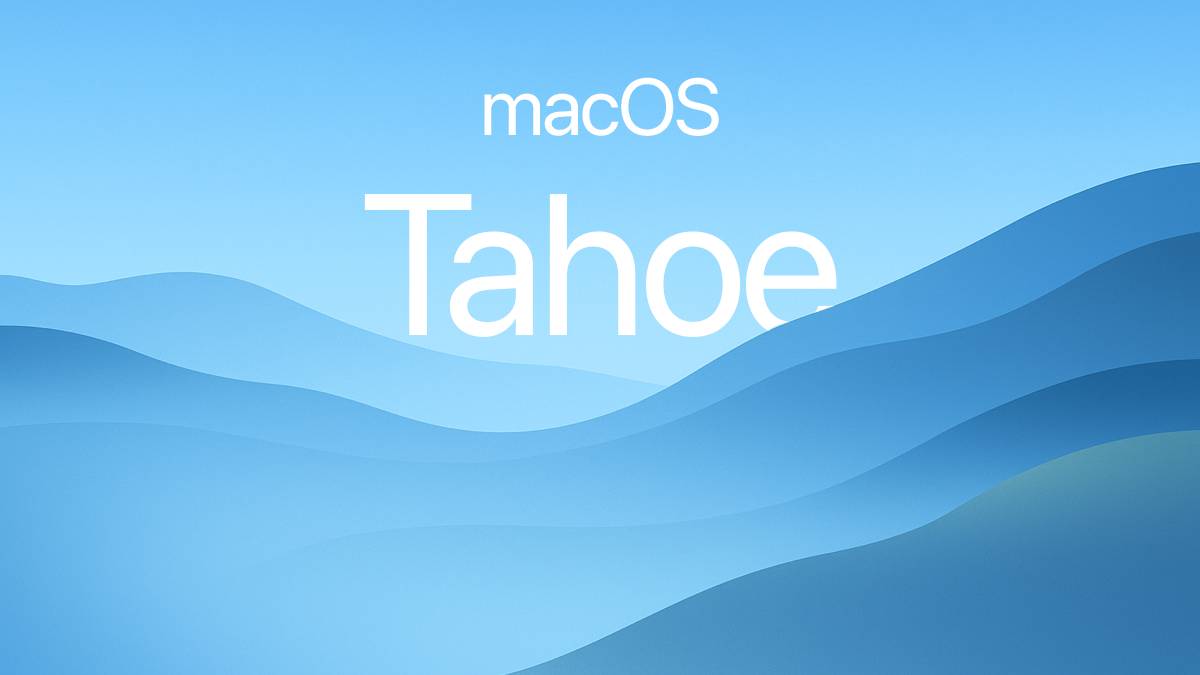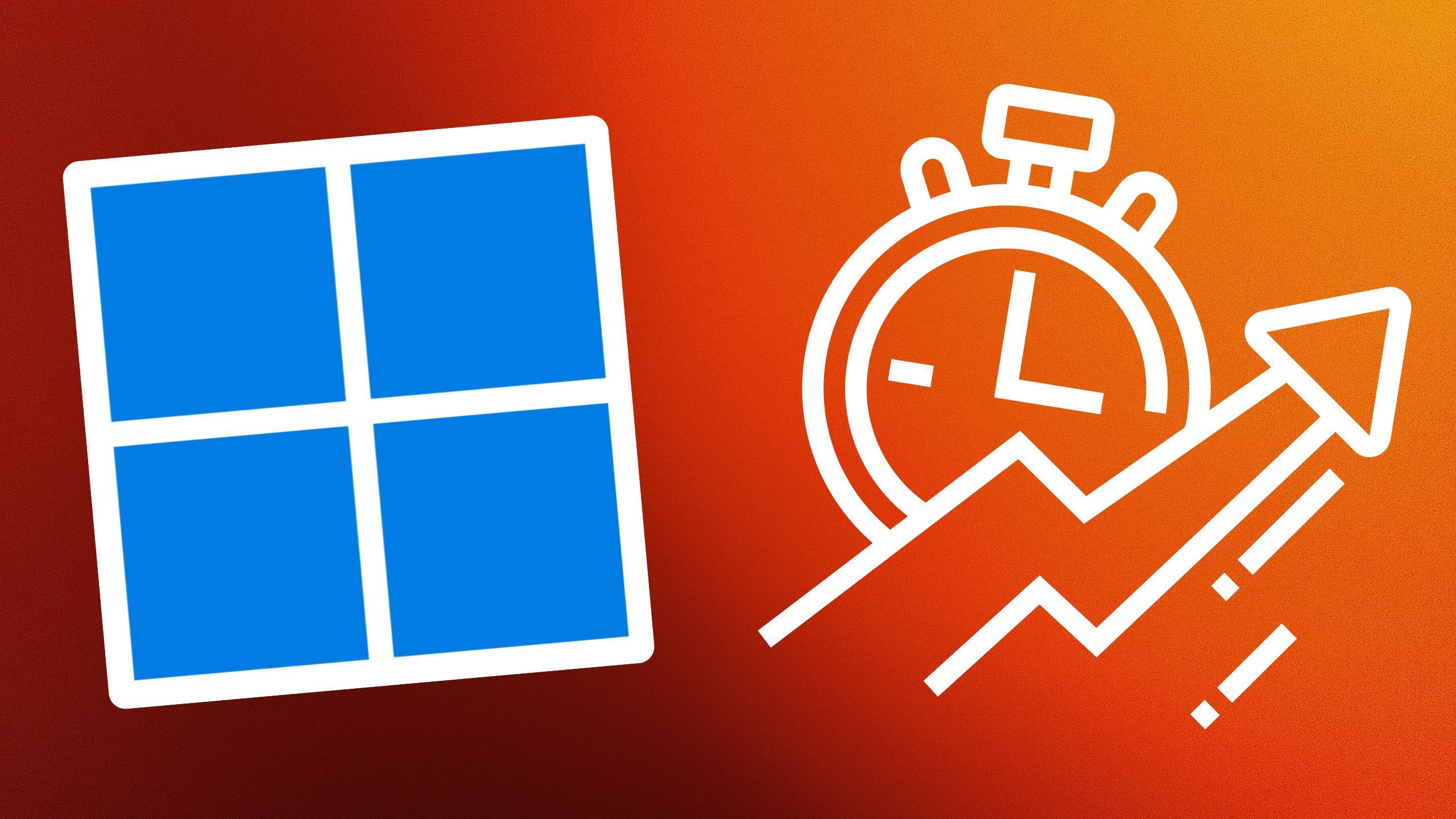Developers can now build censorship-resistant apps with Google’s new tool
App developers can now build censorship-resistant services and evade the grip of authoritarian governments thanks to Google’s new tool.
The team at Jigsaw, a Google unit working on promoting internet freedoms worldwide, has just released a new software developer kit (SDK) so that its VPN service can be integrated directly into web apps.
The tool comes as a direct response to Iran’s harsh internet crackdown during a long year of protests. Now, days from the first anniversary of Mahsa Amini‘s death, the apps’ creators have developed a means to outsmart the Islamic Republic and allow citizens to keep accessing the open internet.
Google Outline VPN’s SDK
“In times of crisis, internet connectivity is a lifeline, but authoritarian regimes are sophisticated at blocking access. That’s why VPNs are vital to keep people online when they need it most,” tweeted Jigsaw, announcing the release.
The internet has increasingly become a front to control, in fact, especially during times of political turmoil. Since the Woman, Life, Freedom unrest began, Iranian authorities have been cutting internet connectivity and restricting access to the most popular social media platforms. The country even won the gold medal for the biggest perpetrator of internet shutdowns in 2023, so far.
The digital unrest in Iran isn’t an isolated case, however—internet censorship and blackouts are on the rise everywhere. Senegal, which was once regarded as the democratic center of West Africa, suffered two waves of internet restrictions in less than three months starting in June. Guinea blocked internet access in May amid protests. Gabon did the same during last August’s elections, eventually triggering a coup d’état. Russia, China, Pakistan, Turkey, and India are also infamous for their control over the web.
Internet users are increasingly turning to secure VPN services to bypass restrictions. Short for virtual private network, VPN security software encrypts connections and data and spoofs IP addresses to grant access to otherwise geo-blocked services. However, governments have developed sophisticated tactics to halt their use. China and Iran were the most proficient in VPN censorship this year, for example.
“Our team created this toolkit [Outline SDK] for developers. It empowers them to embed circumvention tech directly into their apps. Outline SDK simplifies the process, allowing apps to continue delivering crucial content even when faced with censorship, all without the need for a VPN,” said Jigsaw.
1/ In times of crisis, internet connectivity is a lifeline, but authoritarian regimes are sophisticated at blocking access. That’s why VPNs are vital to keep people online when they need it most. 
The idea is simple: allow developers to create web apps that can evade blocking themselves without the need to use Google Outline VPN on top. In this way, Google hopes to enable users to be a step ahead of censors at all times.
As Jigsaw’s lead engineer for internet freedom, Vinicius Fortuna, explained to MIT Technology Review, Jigsaw is working on extracting components of Outline’s technology “that we think are useful to other people” to build a library. That’s supposed to make it easier for developers from distinct companies or projects to work on the same code. It should also allow them to quickly adapt the services as new censorship tactics arise.
Fortuna also said to MIT that the team is working on how to integrate the new SDK with other global partners, while seeking collaborations with news and media outlets ready to apply.
Head to their website to learn how you can get started with Outline SDK. Balatarin (a Reddit-like site in Persian) and NthLink (a circumvention tool) have already confirmed their plans to drop the new technology into their app’s source code.
(Image credit: Future)
While we can only hope that more developers follow suit, we also suggest that users in need visit our free VPN page to download tried-and-tested freebies, as well as familiarize themselves with other useful free services like the Tor browser.
Snowstorm is also an amazing tool for people living outside authoritarian countries who wish to help Iranians, or other users in need, by providing a gateway to the open internet. WhatsApp has also launched a similar free proxy system.
It is worth reminding, though, that internet censorship is just one component of Iran’s harsh crackdown. Authorities have been investing great resources in surveillance tech, too, especially in the last 12 months.
On this point, Information Security Analyst and women’s rights advocate Azam Jangrevi told TechRadar: “While digital technologies in all societies have the potential to improve life through access to information and services, in Iran it is a threat to people’s privacy and security.
“My most important advice to people is to use secure VPNs. Additionally, they should set complex passwords for their accounts that are at least eight characters long and activate two-step verification for all their accounts. If they participate in protests, they should delete all information on their phones because there is a possibility of arrest. Lastly, it’s essential not to click on suspicious links.”







